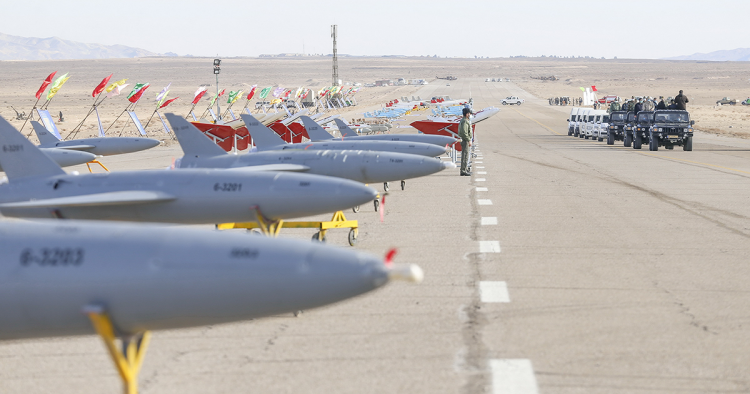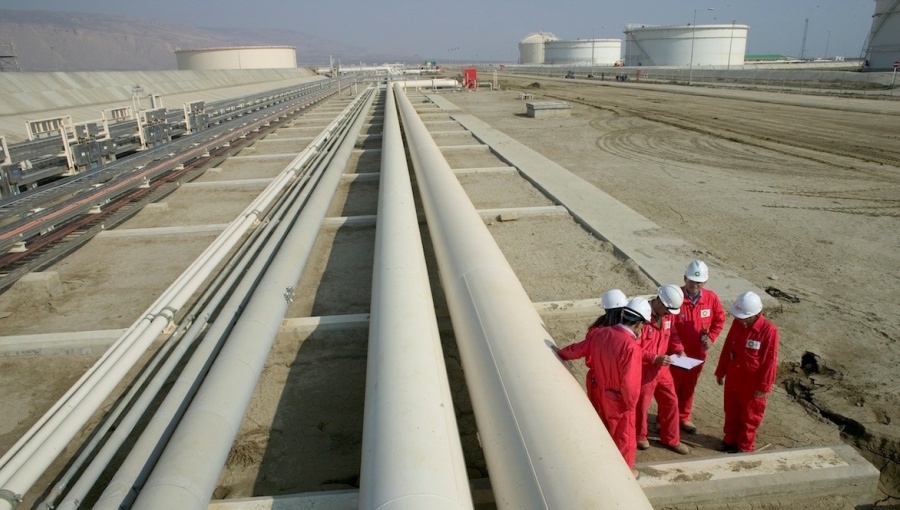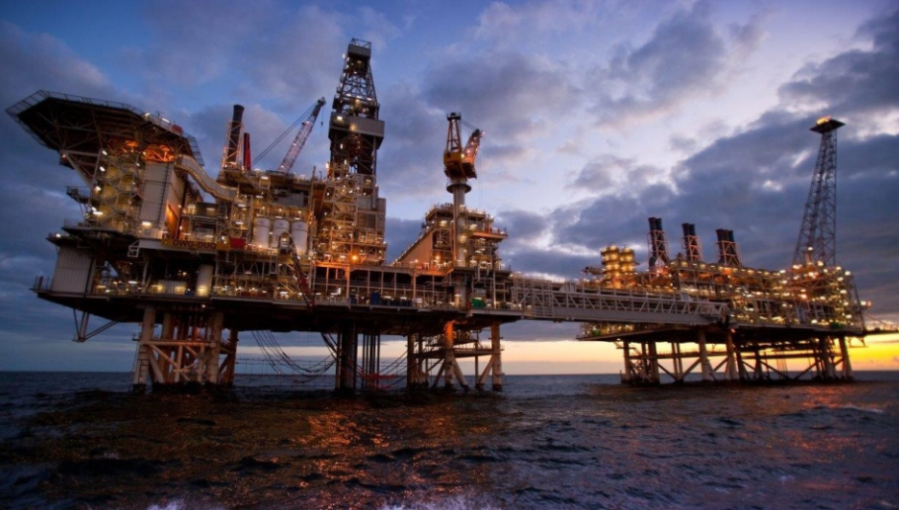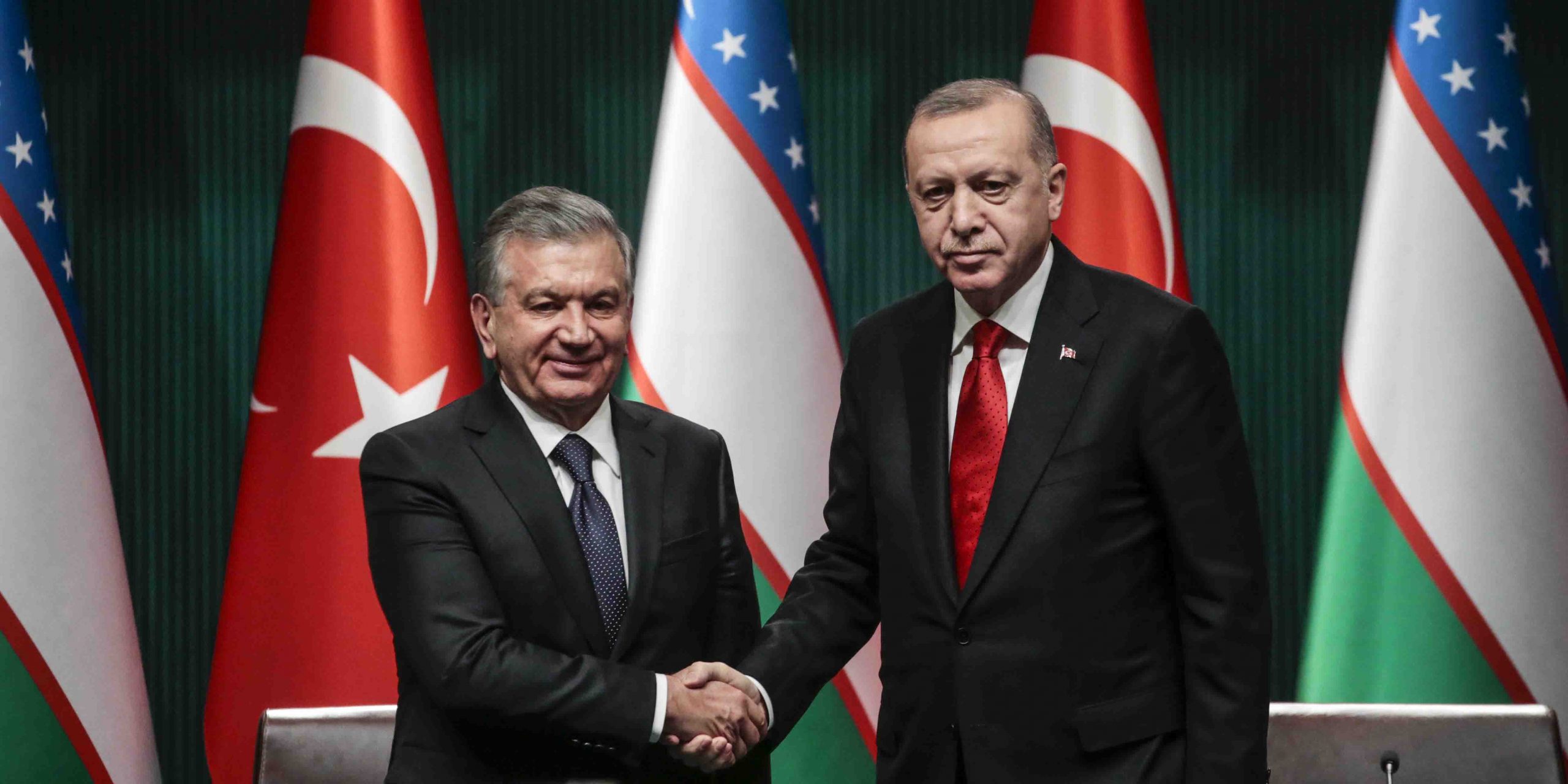Publication: Eurasia Daily Monitor Volume: 20 Issue: 14
The end of 2022 marked another round of confrontation between Azerbaijan and Armenia in the Karabakh region with the involvement of Russian peacekeeping forces. The standoff began in early December, when the Russian peacekeeping contingent in the separatist Karabakh region denied access to Azerbaijani officials from the Ministry of Economy, Ministry of Ecology and Natural Resources and the state-owned mining company AzerGold CJSC from carrying out on-site inspections of the Gizilbulag gold deposits and the Demirli copper-molybdenum deposits to evaluate potential risks to the environment (Mfa.gov.az, December 13, 2022; Fed.az, December 16, 2022). While Azerbaijani state officials were deprived of free movement inside the separatist portion of Karabakh by the peacekeeping mission, it fueled scepticism in Azerbaijani and Armenian societies regarding Russia’s role in the process (Eurasianet, December 15, 2022).










